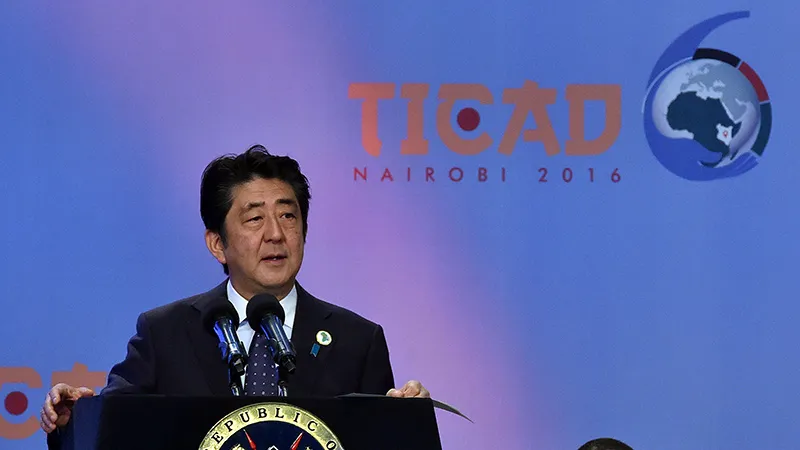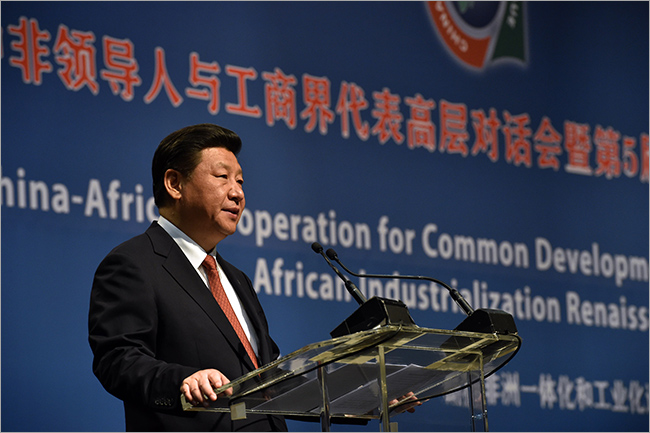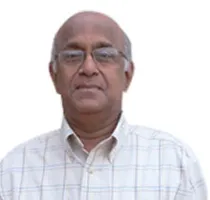-
CENTRES
Progammes & Centres
Location
Hosting it in Kenya this year, TICAD demonstrated the deeper involvement of Africa in the process.

The sixth Tokyo International Conference on African Development (TICAD VI) was held recently on August 27 and 28, 2016 in Nairobi, Kenya. It was the first time that the summit was held in Africa and marked a significant milestone in the evolving Japan-Africa cooperation. Hosting it in Africa this year clearly demonstrated the deeper involvement of Africa in the TICAD process, as well as Japan’s stronger resolve to continue to promote and strengthen its engagement with African states. Until TICAD V, the summit-level meetings were held every five years in Japan. From 2016 onwards, the TICAD will be held every three years, hosted alternately in Africa and Japan.
Led by Japan, TICAD is co-organised by the United Nations, the United Nations Development Programme (UNDP), the World Bank and the African Union Commission (AUC). It is attended by African heads of state and government, as well as international organisations, donor countries, private companies and civil society organisations.
During the Cold War, due to competition between the communist and capitalist blocs, Africa was very much in their radar. However, after the end of the Cold War, the interest of developed countries in providing assistance to Africa tended to wane. It was under these circumstances that Japan stressed the importance of Africa. Setting out clear cut goals, namely, to create international awareness on the importance and urgency of African development issues, promote policy dialogues between African leaders and Japan, and mobilise support for African-led development initiatives, TICAD was Japan’s way of taking action. Prime Minister Shinzo Abe had previously stressed that Africa would become the new global engine of growth during the next few decades and that Japan must therefore seek to redouble its interest and involvement.
Set up in 1993, the forum has worked on improving the social and economic conditions in Africa, mainly through grant aids and technical assistance. TICAD’s progress can be understood by viewing it in three phases — the first phase covered TICAD I, II and III (1993- 2008) and the primary discussion during this period was cantered around Official Development Assistance (ODA), debt reduction, human security, and countermeasures for tackling HIV/AIDS. Phase two of TICAD encompassed TICAD IV and V (2008-2016). While this phase continued to focus on issues related to industrialisation, health and social stability, it also witnessed a dramatic increase in business interest from Japan, which began to regard Africa as an attractive destination for direct investment.
However, be it Africa’s readiness to host TICAD in an African country for the first time, or Japan’s eagerness to compete with Chinese investments in the continent, phase three, i.e. TICAD VI, has seen the biggest leap. Africa will benefit from a $30 billion investment package by 2018, including a $10 billion investment in infrastructure development, as Japan continues to promote and emphasise the value of the quality infrastructure it provides. This $30 billion is in addition to $32 billion that Japan had previously pledged to Africa for a five year period (2013-2017) during the TICAD V summit in Yokohama in 2013.
This year’s TICAD VI Nairobi Declaration, while addressing issues related to economic diversification, industrialisation, health, security and climate change, also included, for the first time, subsections related to tackling important issues of maritime security, terrorism and violent extremism. PM Abe also emphasised the need to connect Africa and Asia through sea lanes, and to make that stretch of sea "a main artery for growth and prosperity."
 Chinese President Xi Jinping at the FOCAC Business Summit on December 4, 2015 | Courtesy: GovernmentZA/CC BY-ND 2.0
Chinese President Xi Jinping at the FOCAC Business Summit on December 4, 2015 | Courtesy: GovernmentZA/CC BY-ND 2.0However, doubts on Japan’s ability to fulfil its commitments have been voiced. Most recently, Mr. Zhang Ming, China’s Vice Minister for Foreign Affairs, present in Nairobi during the TICAD VI summit, stated that Japan could be joining a list of countries that have promised too much, but delivered little to Africa. This also comes at a time when the competition between China and Japan continues to intensify as both countries are more hungry than ever for resources and energy to cope with new development challenges. China, which has established its version of TICAD in 2000 — the Forum on China-Africa Cooperation (FOCAC), has already overtaken Japan, which until 2000 was Africa’s largest trading partner.
Despite this, growing foreign direct investment (FDI), alongside deeper long term commitment from Japanese companies in Africa, continue to shape and strengthen Japan-Africa ties. Japan’s cumulative FDI in the continent rose from $758 million in 2000 to $10.5 billion in 2014. Many Japanese trading companies are also now shifting their African investment strategies from one-off natural resource development to projects that call for longer-term and multifaceted involvement in the region. Yamaha Motor Co. launched a motorcycle plant in Nigeria last year, a move that marked Yamaha’s return to the Nigerian market after almost 10 years. Additionally, companies such as Mitsui & Co., Sumitomo Rubber Industries Ltd., and Toyota Tsusho are all beefing up or expanding operations in Africa.
How the competing economic and strategic goals of Japan and China will play out in Africa in the coming years will certainly have serious implications for the continent. Also of considerable significance is the fact that many Western countries, including the US, Germany and France, are equally attracted to the prospect of augmenting their trade, investment and development assistance with the continent.
The views expressed above belong to the author(s). ORF research and analyses now available on Telegram! Click here to access our curated content — blogs, longforms and interviews.

K.V. Kesavan (1938 2021) was Visiting Distinguished Fellow at ORF. He was one of the leading Indian scholars in the field of Japanese studies. Professor ...
Read More +